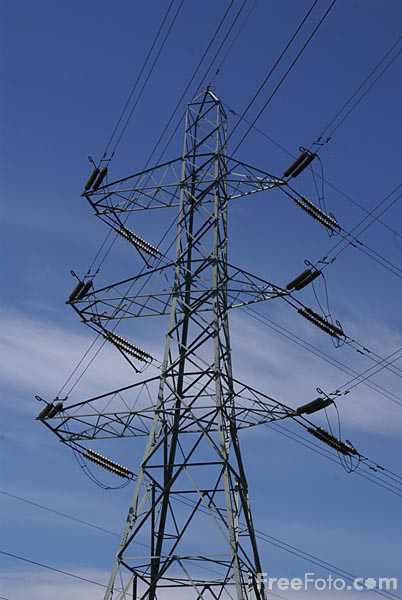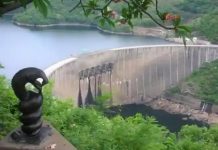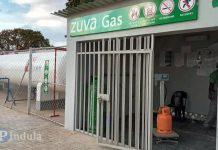THE Zimbabwe Energy Regulatory Authority (ZERA) has given greenlight to State power supplier Zesa to increase electricity tariffs by over 400%.
According to Zera the increase has been necessitated by the depreciation of the local dollar against major currencies and this will see electricity jump from $38.61c/kwh to 162.16c/kwh.
“The authority analyzed the current situation characterised by about 18 hours of load shedding on most consumer groups, the high cost of alternative energy supplies, the deterioration of the tariff being charged against what is being deemed cost reflective,” Ester Khosa Zera board chairperson said.
“Due to the non-cost reflectivity of the tariff, the utility had not been able to supply enough power to the productive sectors leading to long hours of load shedding.”
Zera added that the increase in tariffs, is expected to improve Zimbabwe’s power supply position.
“Increases in local inflation which generally affected all local costs, increased local currency requirements for the payments towards water at Kariba which requires US$1.2 million per month,” Khosa said.
Hwange Power Station according to Zera requires 1.5 million litres of diesel per month, $72 million worth of coal and US$3.1 million for maintenance.
Khosa said the new tariff should result in greater efficiency, lower hours of load shedding and urged consumers to pay their bills.
“And improved reliability of supply from Zimbabwe Electricity Transmission and Distribution Company (ZETDC) as the company is able to import electricity from Southern African power Pool.
“And we expect increased responsibility towards paying electricity bill by all consumer groups to ensure that the electricity companies are capacitated to continuously improve on supply,” said Khosa.
The authority said it consulted stakeholders as a way of soliciting views on the electricity supply situation and the tariffs applicable to the different customer categories.
“These included farmers, industry, domestic and commerce and ZERA also attended conferences for stakeholders where among other things, the electricity supply and tariffs issues were major topics.”






